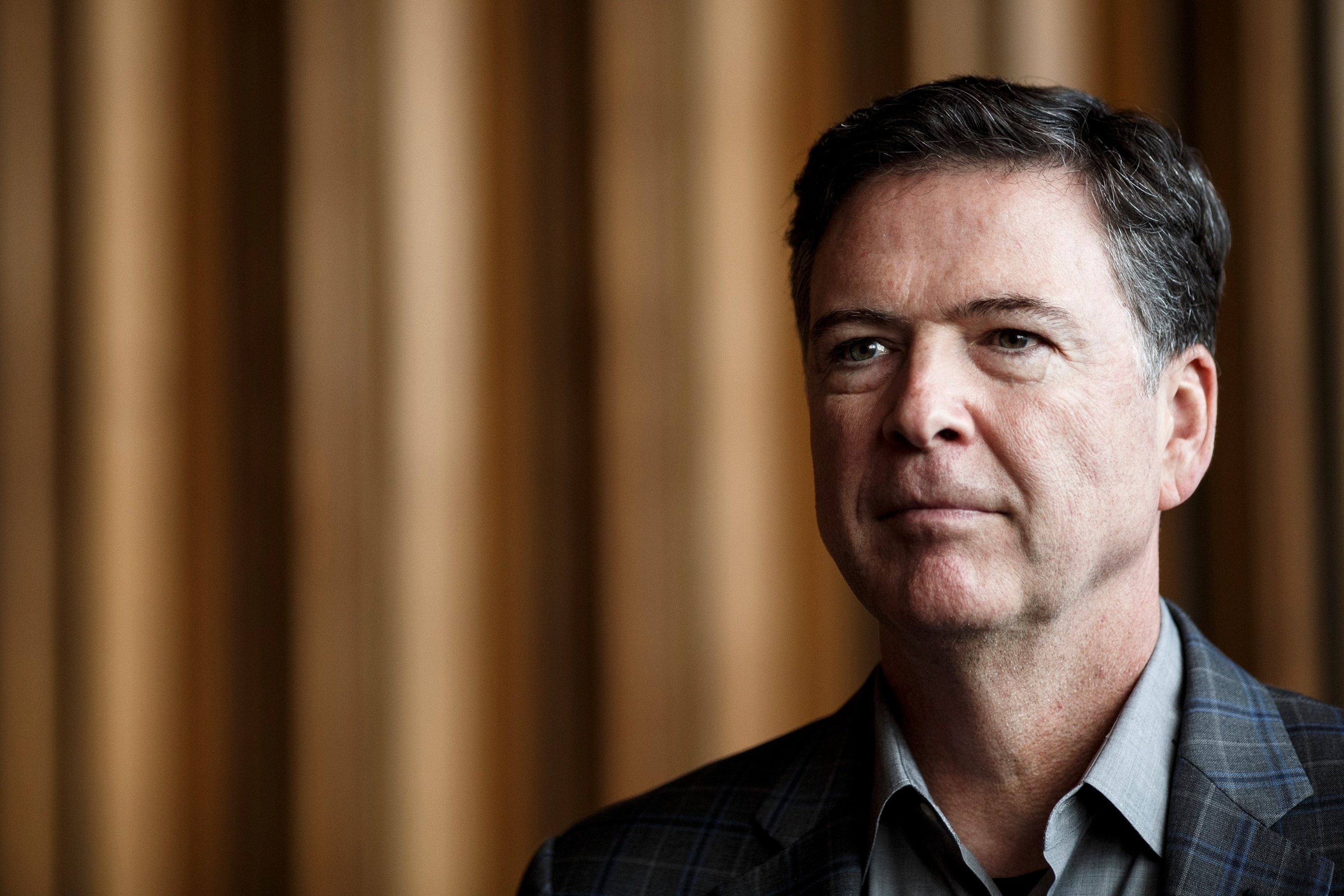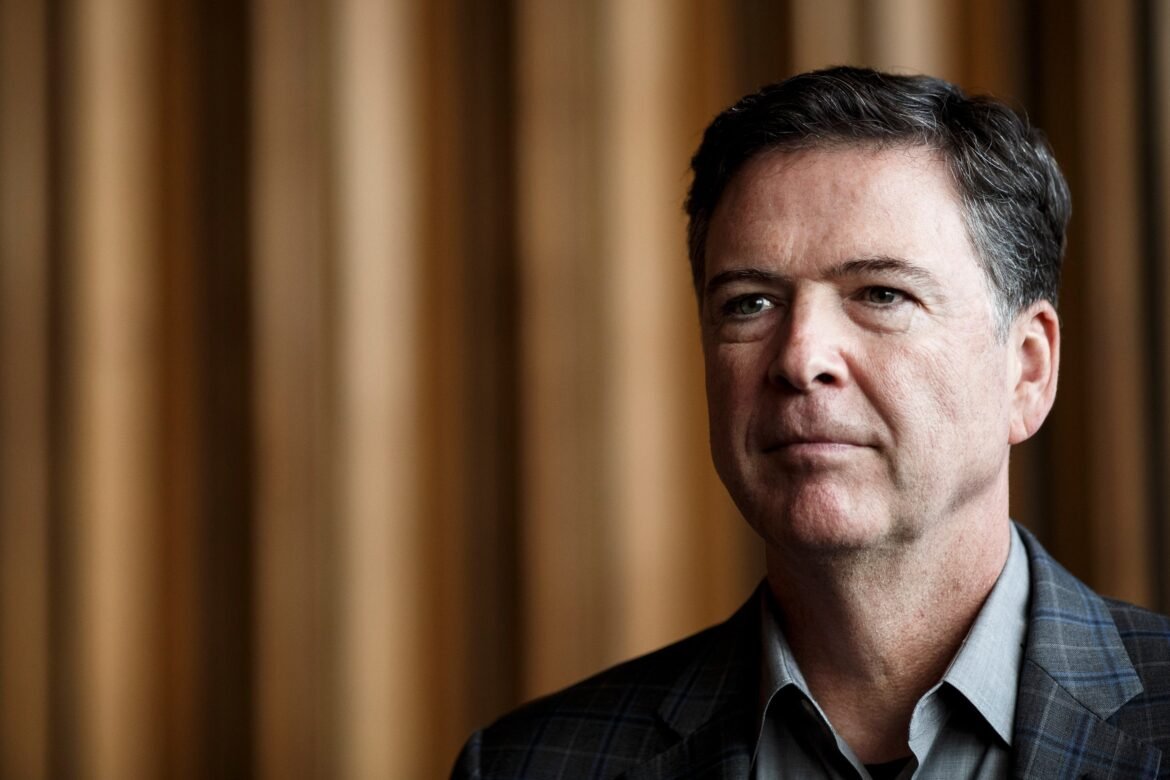The federal judge overseeing former FBI Director James Comey’s criminal case on Monday granted a request by federal prosecutors to block a judge’s order directing them to turn over a trove of grand jury evidence to Comey’s lawyers.
The Justice Department requested the stay early Monday after Judge William Fitzpatrick ordered the Trump administration to turn over a full transcript and recording of the September grand jury presentation by Trump-appointed federal prosecutor Lindsey Halligan, which he said included cases in which she may have made “fundamental misstatements of the law that could compromise the integrity of the grand jury process.”
Fitzpatrick expressed alarm at what he called “a disturbing pattern of profound investigative errors” that may have irreversibly tainted the prosecution of James Comey and violated the former FBI director’s constitutional rights, in a scathing opinion that granted Comey’s lawyers access to a vast trove of grand jury evidence.
Fitzpatrick, in his ruling, wrote that “the Court recognizes that the relief sought by the defense is rarely granted. However, the record points to a disturbing pattern of profound missteps in the investigation, missteps that led an FBI agent and a prosecutor to potentially undermine the integrity of the grand jury proceeding.”
In his order issuing the stay Monday night, U.S. District Judge Michael Nachmanoff said he would give the government until 5 p.m. ET Wednesday to file objections to Judge Fitzpatrick’s order, and set a deadline of 5 p.m. ET Friday for Comey’s lawyers to file a response.
The dispute is likely to be a feature of oral arguments already scheduled for Wednesday in Alexandria, Virginia, as Nachmanoff considers a request by Comey’s lawyers to have the former FBI director’s indictment dismissed before trial on the grounds that he was vindictively prosecuted by the Trump administration.
Comey pleaded not guilty in October to one count of false statements and one count of obstruction of a congressional proceeding related to his testimony before the Senate Judiciary Committee in 2020, amid what critics call Trump payback campaign against his supposed political enemies.

Former FBI Director James Comey speaks backstage before a panel discussion about his book “A Higher Loyalty” on June 19, 2018, in Berlin.
Carsten Koall/Getty Images
Halligan, Trump’s hand-picked federal prosecutor for the Eastern District of Virginia, requested the indictment of Comey for the objections from career prosecutors after trump forced out Former US Attorney Erik Siebert, who sources said had resisted bringing cases against Comey and New York Attorney General Letitia James. Halligan, who had no experience as a prosecutor, requested the impeachment after Trump, in a social media post, asked Attorney General Pam Bondi to act “NOW!!!” to prosecute Comey and New York Attorney General Letitia James.
Fitzpatrick, in Monday’s ruling, wrote: “Having been asked by the government to review the grand jury materials, the Court has identified two statements by the prosecutor to grand jurors that at first glance appear to be “fundamental errors in the law that could compromise the integrity of the grand jury process.”
Separately, the judge expressed concern that, based on materials provided by the government, it appears that the indictment Halligan ultimately presented in open court may not have been presented or intended by the grand jury, which initially rejected one of the three charges she had requested.
“If this proceeding was not carried out, then the Court is in uncharted legal territory in that the indictment presented in open court was not the same indictment document presented and deliberated upon by the grand jury,” Fitzpatrick said.
“Either way, this unusual series of events, not yet fully explained by the prosecutor’s statement, calls into question the presumption of regularity generally associated with grand jury proceedings, and provides another genuine issue that the defense can raise to challenge the manner in which the government obtained the indictment,” the judge wrote.


